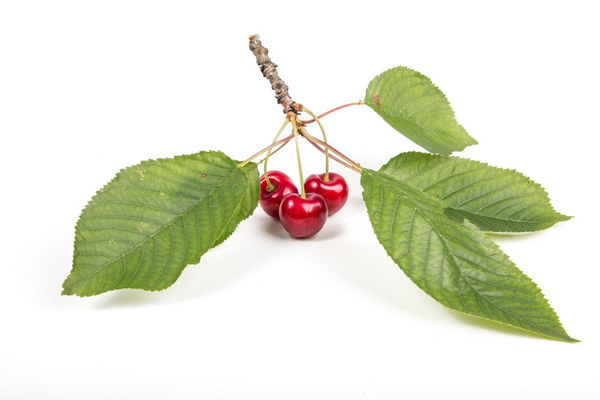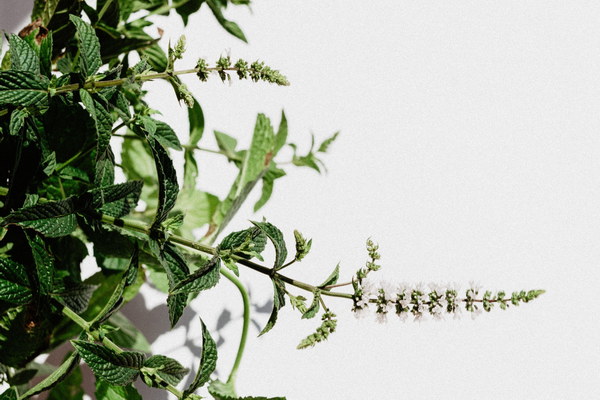The Top Wild Vegetables for Lung Health Discover Which Ones to Include in Your Diet
In the pursuit of a healthier lifestyle, many of us turn to natural remedies and wholesome foods to boost our immune system and overall well-being. Among the myriad of vegetables available, certain wild greens have been traditionally prized for their lung-healing properties. Here, we delve into the top wild vegetables that are not only nutritious but also beneficial for lung health.
1. Dandelion Greens (Taraxacum officinale)
Dandelion greens are a powerhouse of nutrients, including vitamins A, C, and K, as well as iron, calcium, and potassium. They have been used for centuries in traditional medicine to support respiratory health. The diuretic properties of dandelion can help to flush out toxins from the body, which is beneficial for those with lung conditions.
2. Fenugreek Leaves (Trigonella foenum-graecum)

Fenugreek leaves, also known as methi, are a staple in many Indian and Middle Eastern cuisines. They are rich in antioxidants and have anti-inflammatory properties that can help reduce inflammation in the lungs. Fenugreek leaves also contain compounds that can help clear mucus and improve respiratory function.
3. Nettles (Urtica dioica)
Nettles are a common weed that has been used for its medicinal properties for centuries. They are packed with vitamins A, C, D, and K, as well as minerals like iron, calcium, and magnesium. The anti-inflammatory and immune-boosting properties of nettles can help alleviate respiratory symptoms and support lung health.
4. Cleavers (Galium aparine)
Cleavers, often referred to as sticky worts, are small, sticky plants that are known for their diuretic and lymphatic properties. They can help to remove excess fluid and toxins from the body, which can be beneficial for those with respiratory issues. Cleavers also contain antioxidants that can help protect lung tissue from oxidative stress.
5. Plantain Leaves (Plantago major)
Plantain leaves have been used traditionally to treat a variety of respiratory conditions. They are high in mucilage, a substance that can help to soothe and coat the respiratory tract, reducing irritation and inflammation. Plantain leaves can be eaten raw or cooked and are a great addition to salads and soups.
6. Chicory (Cichorium intybus)
Chicory is a bitter herb that is known for its liver-cleansing properties. A healthy liver can help to improve respiratory function by removing toxins that may contribute to lung problems. Chicory is also rich in inulin, a prebiotic that can support gut health, which is closely linked to immune function.
How to Incorporate These Wild Vegetables into Your Diet
- Dandelion Greens: Add them to salads, sauté them, or blend them into a smoothie.
- Fenugreek Leaves: Use them in soups, stews, or as a side dish.
- Nettles: Steep them in hot water to make a tea or add them to smoothies.
- Cleavers: Make a tea or use as a poultice on the chest for respiratory issues.
- Plantain Leaves: Include them in salads or cook them like spinach.
- Chicory: Add to salads, use as a coffee substitute, or steep in water for a tea.
While these wild vegetables offer numerous health benefits, it is important to note that they should not replace conventional medical treatment for lung conditions. If you have a respiratory issue, it is always best to consult with a healthcare professional before making significant changes to your diet or treatment plan.
Incorporating these lung-friendly wild vegetables into your diet can be a delicious and natural way to support your respiratory health. Embrace the earth's bounty and enjoy the flavors and benefits of these ancient healing greens.









